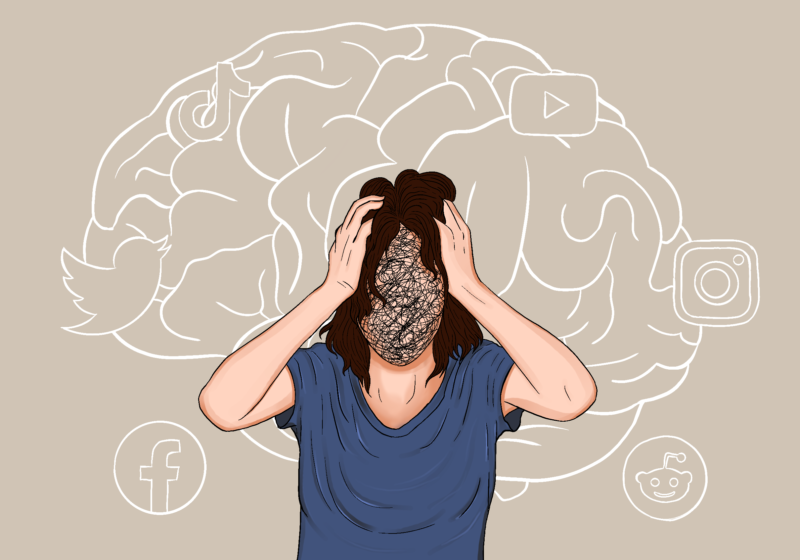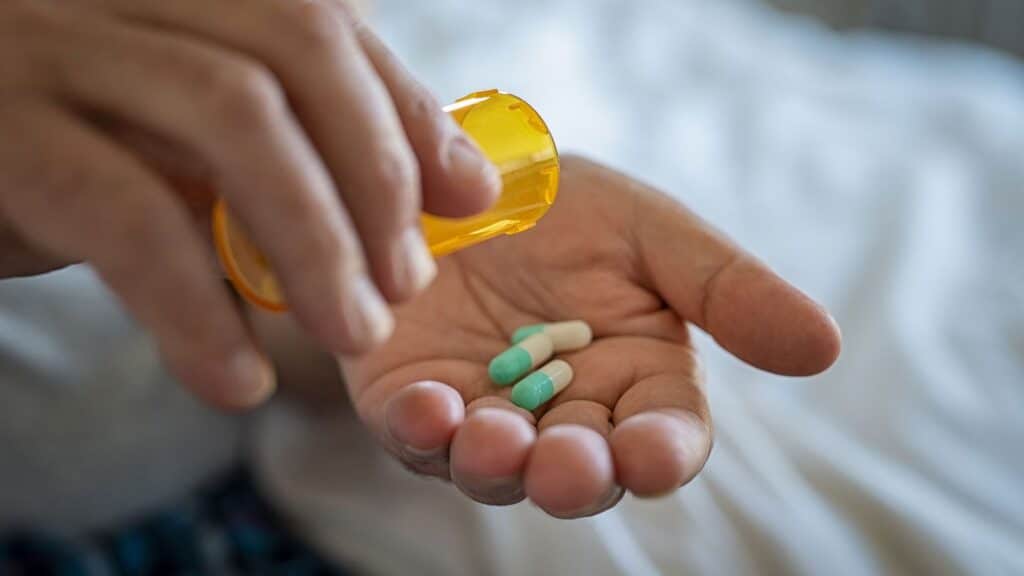Statistics from multiple studies show that up to half of those who seek help to overcome a mental health or substance use disorder have a dual diagnosis. Depending on the person, they may understand their symptoms come from two causes; however, this is not the case for all. Although little scientific evidence supports the idea that one disorder causes the other, it is not uncommon for ongoing mental health struggles to lead to poor coping choices, which can inevitably cause addiction.
What Does Dual Diagnosis Mean?
Until recently, a misguided belief existed among medical and mental health treatment professionals alike that dual diagnosis conditions should be treated as part of separate treatment programs. Unfortunately, this led to millions of people who needed comprehensive treatment to address two highly interconnected illnesses receiving less than optimal treatment.
Fortunately, treatment professionals now understand the connection between addiction and mental health. Today, treatment centers like Relevance Recovery specialize in dual diagnosis treatment and are here to guide you through each step of your treatment journey.
When someone has a dual diagnosis, they struggle with symptoms connected to a mental health condition and a substance use disorder. Because dual diagnosis conditions share many overlapping symptoms, it can be difficult, if not impossible, to separate the symptoms into two distinct conditions. Therefore, it is crucial for treatment plans to address your mental health and substance use needs.
What are Common Dual Diagnosis Disorders?
Any combination of mental health and substance use disorders is a dual diagnosis; therefore, multiple possible combinations exist. You may also hear this referred to as a co-occurring disorder in many treatment settings. Although the meanings behind the two terms vary ever so slightly, they are frequently used interchangeably to describe a simultaneously occurring mental health and substance use disorder.
- Individuals (regardless of age) diagnosed with attention deficit hyperactivity disorder (ADHD) are at a statistically higher risk of developing dual diagnosis conditions. Several studies indicate up to 50% of adults diagnosed with ADHD also have a substance use disorder.
- Eating disorders and substance use disorders also frequently co-occur. Recent statistics from the National Center for addiction and substance use suggest up to half of those diagnosed with an eating disorder also abuse drugs.
- Substance use disorders are believed to occur in up to 17% of patients diagnosed with clinical depression or major depressive disorder.
- Statistics surrounding mood disorders such as bipolar disorder indicate that 30% of patients with a mood disorder have a substance use disorder.
- The rated cooccurrence for alcohol or drug use disorders for patients with post-traumatic stress disorder is believed to be as high as 50%. This statistic may be even higher in individuals with specific trauma histories or job functions that expose them to ongoing trauma.
- As many as one-quarter of patients who seek help to overcome symptoms of a personality disorder such as borderline personality disorder also have at least one addiction.
What is Dual Diagnosis Treatment?
When you struggle with a dual diagnosis disorder, the root causes of your symptoms are highly intertwined. Therefore, seeking help at a dual diagnosis treatment center means you will receive treatment in an environment where medical and mental health professionals understand the unique nature of addressing both conditions simultaneously. A dual diagnosis program ensures your level of care, and the treatment models applied to your treatment programs address all areas of your physical, emotional, and spiritual health.
Therapy in a dual diagnosis program is designed to identify and address the mental health conditions that may lie at the root of substance use disorders. Additionally, therapy strives to uncover how ongoing substance use may contribute to worsening mental health symptoms. A key benefit to dual diagnosis treatment is that it helps you learn more about how addiction and mental health are connected.
It will also teach you safe and effective coping tools you could use in the future to avoid using substances to medicate your mental health symptoms. As part of therapy, you will learn more about your triggers and how they impact your behaviors and encourage you to engage in potentially harmful coping strategies. As part of comprehensive treatment, your mental health and medical providers will work with you to develop a plan to safely manage your triggers so you can avoid relapse after treatment is complete.
How to Find Dual Diagnosis Treatment Programs Near Me
The most effective treatment for dual diagnosis is a program where the staff works directly with you to develop a treatment program unique to your needs and goals. Because everyone experiences the journey to recovery differently, it is crucial to design recovery plans around the individual, not their diagnosis.
At Relevance Recovery, our admissions and therapeutic staff will work with you to ensure you receive the comprehensive, evidence-based care you need to put dual diagnosis challenges in the past and move forward free from addiction and mental health symptoms. If you would like to learn more about our addiction treatment programs in New Jersey, contact us today for more information or schedule a tour of our facility.









